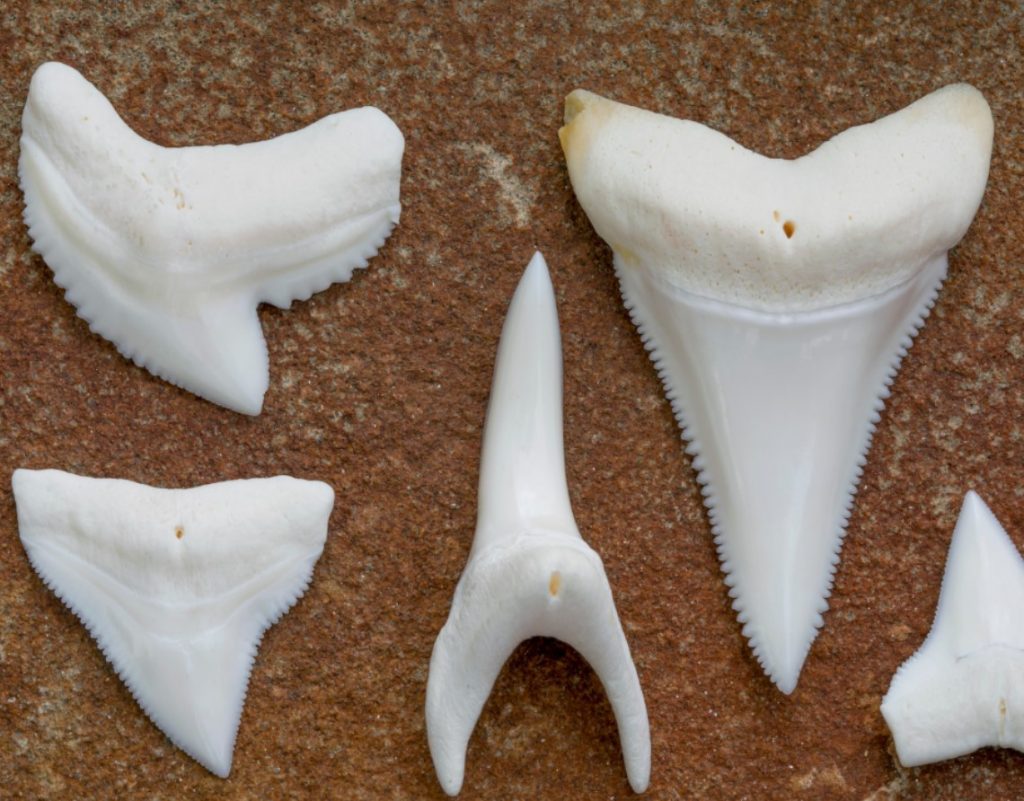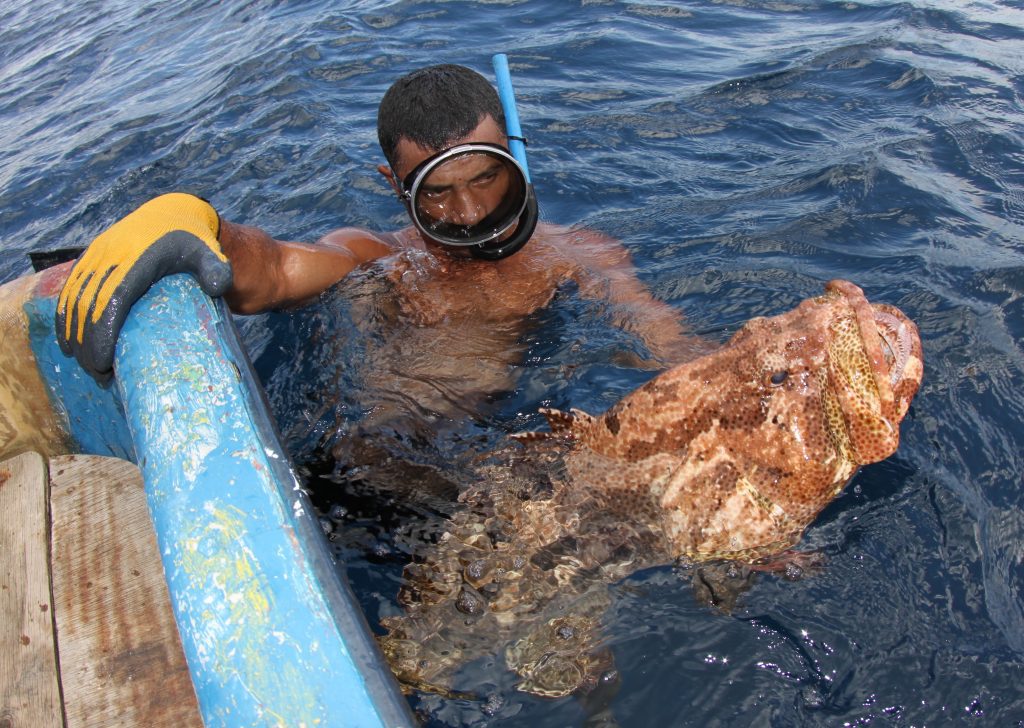
Small scale fisheries represent a chain with a variable number of links that includes the fish, the fisher and the buyer, often with additional links such as markets, resellers, wholesalers, stores or restaurants and the final consumers. Each link sets up demand that can undermine the sustainability of vulnerable coral reef-associated fisheries. In small communities, a key link in the value chain that drives the demand for fish and provides a centralised location for fishers to sell their fish is the fish market. Often created and run by non-fishers, markets create demand that often supersede the ability of fisheries to yield fish without significant long-term impacts to the fished populations.
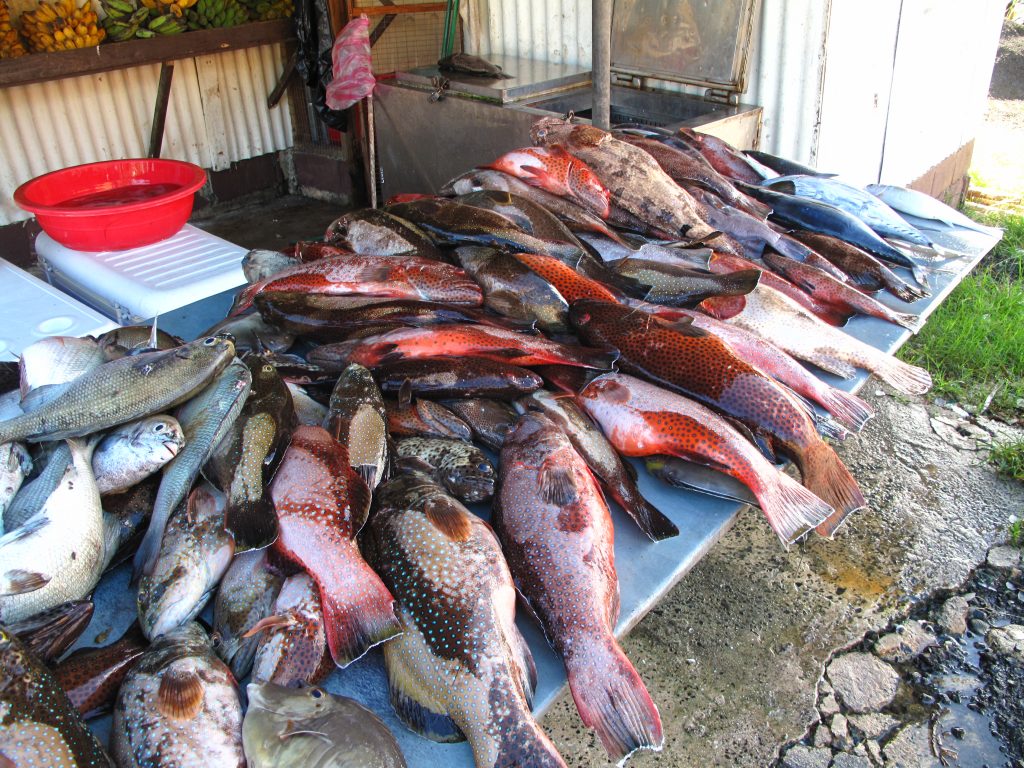
To address this issue in Pohnpei, a coral rimmed island in the Western Pacific’s Federated States of Micronesia, Dr. Kevin Rhodes, MarAlliance’s Coastal Fisheries Coordinator, has been working closely with fishers, market owners and fishing communities to return the coral reef fishery to sustainable levels. An earlier market study in 2006 had already found the fishery to be overharvested, with a reliance on unsustainable nighttime spearfishing, juveniles and spawning aggregations. By 2015, marketed volumes were down nearly 20%, along with catch-per-unit-effort and income. This year, Rhodes is working with Pohnpei’s fisher association, Menin Katengesed, to turn this situation around by helping them open their own market, set their own pricing, and set standards and restrictions around purchases to help eliminate nighttime spearfishing and build much needed coastal fishery economies.
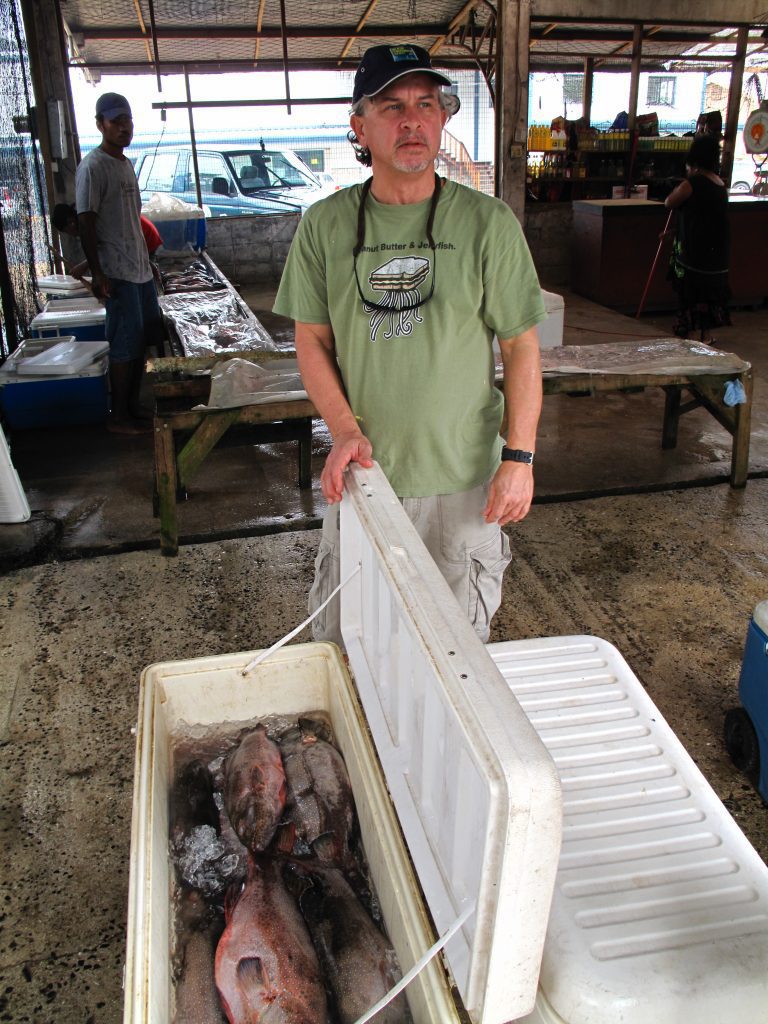
The project, funded jointly by NOAA Saltensall-Kennedy, the Canada Fund for Local Initiatives, Global GreenGrants and the Packard Foundation through the Micronesia Conservation Trust, is working to empower fishers to take control of fisheries management through economic means, while providing the association with a self-financing tool to continue community outreach, support market operations and build on opportunities to reduce overhead and improve profitability of fishing. Currently, the market is supplying at-cost ice and long-storage coolers to fishers as a rent-to-own option that can be purchased in return for supplying sustainable catch. The association also looks to value-add to marketed fish by diversifying products, such as making tuna jerky and smoked fish and using waste to make fish emulsion for local farmers.
The market will also provide an opportunity for MarAlliance’s team to collect fisheries data and examine the life histories of several target species for which nothing is currently known. Once the data is collected and analysed, Rhodes will help the state and the association develop management regulations around identified spawning times and life history parameters. These key data are useful to establish temporal catch bans around reproductive periods and catch size limits, both of which help to eliminate the catch and sale of undersized fish.
If successful, the operation can serve as a blueprint for other area markets and beyond Micronesia’s extensive territories. With these locally-based initiatives, Rhodes can help to steer Pohnpei fisheries back to sustainable levels with fishers at the wheel.
